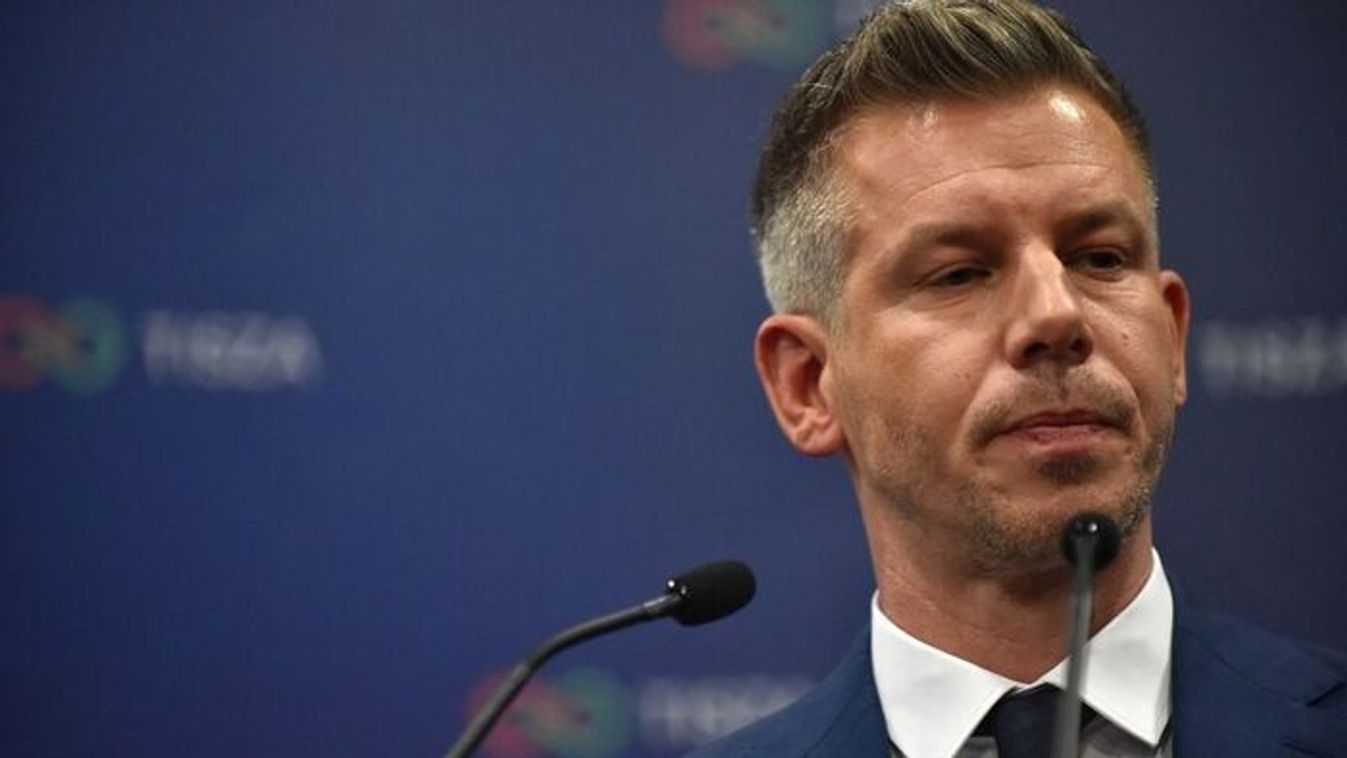Kellemetlen: elhangzott az eddigi legfontosabb mondat Magyar Péter rejtélyes videójáról

Bár a drogos bulibotrány nagyon zavaros, az biztos: Magyar Péter zsarolható – mutatott rá az elemző.

Today, concerns have arisen among Hungary’s friends about the trajectory of democracy in that country.
Statement by the Honorable Benjamin L. Cardin
Chairman
Hearing before the Commission on Security and Cooperation in Europe
“The Trajectory of Democracy – Why Hungary Matters”
March 19,2013
The progressive inclusion of post-communist countries into transatlantic and European institutions reflected the expansion of democracy and shared values, as well as the realization of aspirations long denied. Indeed, in 1997, the Helsinki Commission heid a series of hearings to examine the historic transition to democracy of post-communist candidate countries like Hungary prior to NATO expansion.
I was among the many in the United States who cheered when Hungary joined NATO in 1999, and again when Hungary joined the EU in 2004 – illustrating not only Hungary’s post-communist transformation, but also Hungary’s ability to join alliances of its own choosing and follow a path of its own design. Hungary has been a valued friend and partner as we have sought to extend the benefits of democracy in Europe, and elsewhere around the globe.
But today, concerns have arisen among Hungary’s friends about the trajectory of democracy in that country.
Over the past two years, Hungary has instituted sweeping and controversial changes to its constitutional framework, effectively re-making the country’s entire legal foundation. This has included the adoption of a new constitution – already amended multiple times inciuding the adoption of a far-reaching Fourth Amendment just days ago – and hundreds of new laws on everything from elections to the media to religious organizations.
More than that, these changes have effected the independence of judiciary, role of the constitutional court, the balance of power, and the basic checks-and-balances that were in place to safeguard democracy.
It seems to me that any country that would undertake such voluminous and profound changes would find itself in the spotlight.
But these changes have also coincided with a rise of extremism and intolerance in Hungary.
Mob demonstrations have continued to terrorize Romani neighborhoods. Fascist-era figures are promoted in public discourse and the public place. A new law on religion striped scores of minority faiths of their legal status as religious organizations over night including, initially, Coptic Christians, Mormons, and the Reformed Jewish Congregation. Most have been unable to regain legal status, including the Evangelical Methodist Fellowship, a church that had to survive as an “illegal” church during the communist period and today serves many Romani communities.
At the same time, the constituency of Hungary has been re-defined on an ethnic basis: citizenship has been extended into neighboring states on an ethnic basis, and voting rights now follow that.
As the late Ambassador Max Kampelman once observed, minorities are like the canary in the coal mine. In the end, democracy and minority rights stand or fall together. If respect for minorities falls, democracy can’t be far behind. And the rights of persons belonging to ethnic, religious, or linguistic minority groups will likely suffer in the absence of a robust democracy.
Max Kampelman, who was long a friend of the Helsinki Commission, served with distinction as the head of the U. S. delegation to the seminal 1990 Copenhagen meeting, where some of the most important democracy commitments ever articulated in the OSCE were adopted:
The participating States “consider that the rule of law does not mean merely a formal legality which assures regularity and consistency in the achievement and enforcement of democratic order, but justice based on the recognition and full acceptance of the supreme value of the human personality and guaranteed by institutions providing a framework for its fullest expression. They reaffirm that democracy is an inherent element of the rule of law.”
At issue now is whether Hungary’s democratically elected govemment is steadily eroding the democratic norms to which Hungary has committed itself, in the OSCE and elsewhere. And we care about democracy in Hungary, for the people in Hungary as well as for the example it sets everywhere we seek to promote democracy.
I welcome all of our witnesses here today, and I appreciate that you are giving of your considerable expertise, your insights, and your time.
I especially appreciate that our second witness, Jozsef Szajer, has been asked by the Government of Hungary to represent it here today. As one of the framers of the constitution, we could have no more authoritative voice on the issues we are discussing, and I thank you from coming from the European Parliament where you serve to share your views.
Our first witness wiil be Mr. Brent Hartley, Deputy Assistant Secretary of State for European Affairs, followed by Mr. Szajer.
Our final panel will include Dr. Kim Lane Scheppelle, an expert on constitutionai law from Princeton University, Ms. Sylvana Habdank-Kolaczkowska from Freedom House, and Dr. Paul Shapiro from the U.S. Holocaust Memorial Museum.
